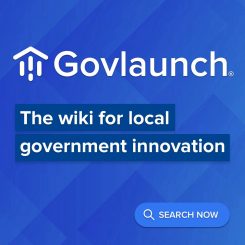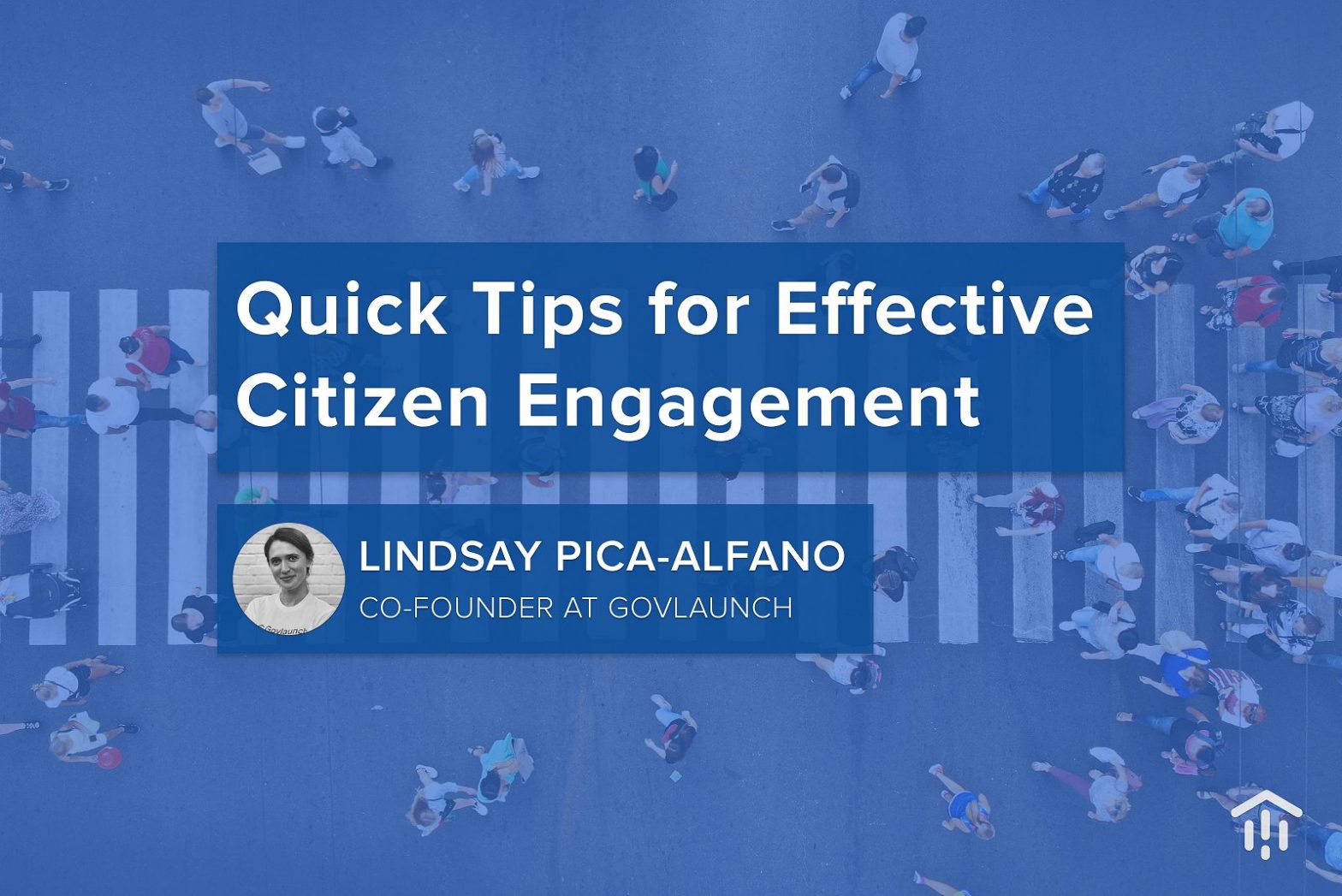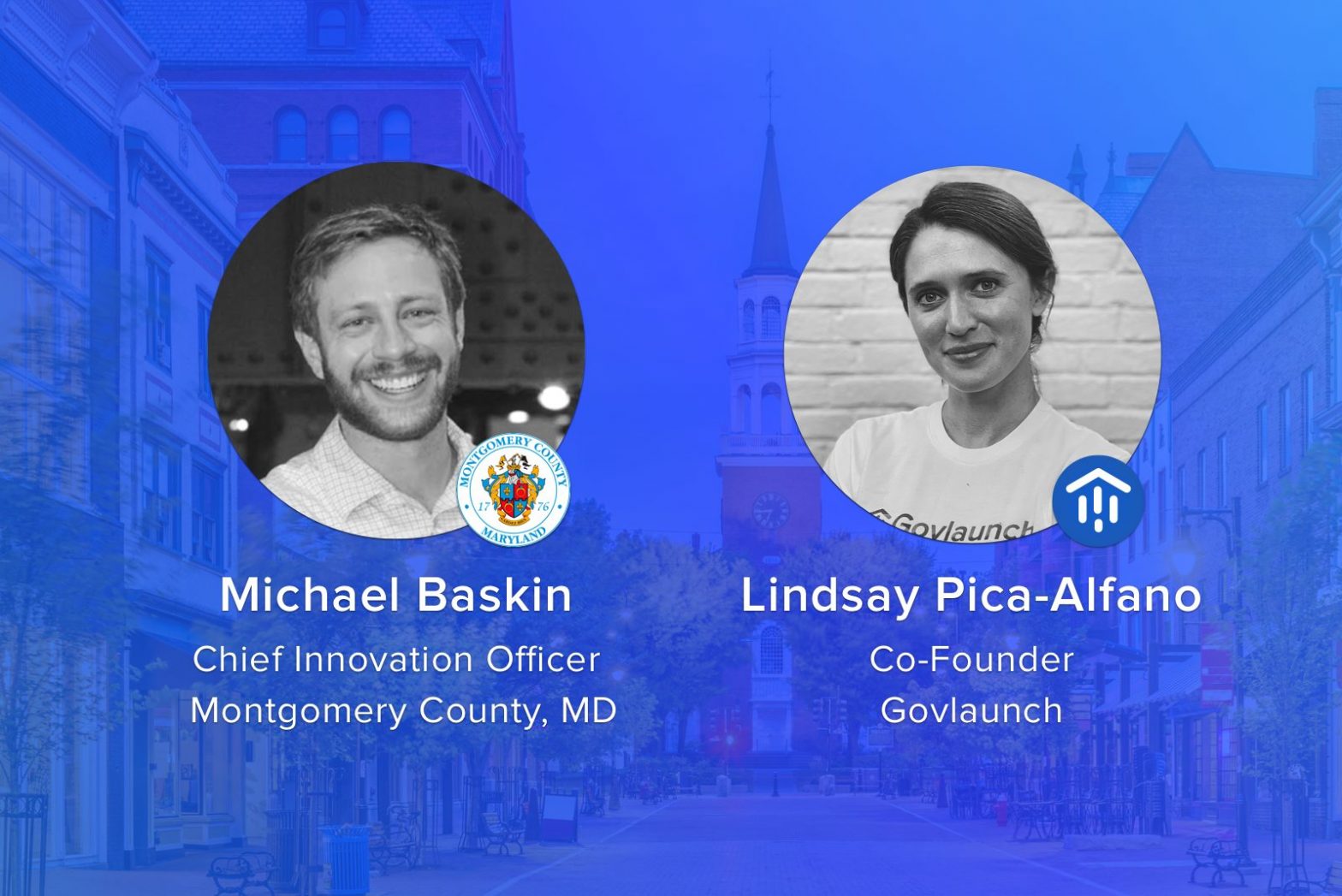
6 Tips for starting your data journey
15 June 2021
By Lindsay Pica-Alfano, Co-Founder of Govlaunch
Most local governments are sitting on a treasure trove of information, but few are putting it to good use. Data is an invaluable resource, but when it isn’t easily accessible or comprehensible to leadership, governments run the risk of making decisions based on feeling, not fact.
The good news is that a number of local governments around the world are demonstrating what can be achieved when data is put at the forefront of the decision-making process. Other governments can learn a lot from their lead.
One city at the forefront of data-driven decision-making is Miami. When Mike Sarasti, CIO & Director of Innovation and Technology at the City of Miami, was hired five years ago, he was tasked with boosting innovation by improving current processes. His first priority? Putting his city on the path to becoming a data-driven government.
“Data is at the heart of innovation,” Sarasti explains.
Sarasti’s team reframed conversations about what was working — and more importantly, what wasn’t — by pulling in data. “When people were speaking at a high level and throwing around reasons why something wasn’t working, I was able to turn to the data and show them the reality,” he says.
Local governments of all sizes can take a data-centric approach to governing. While it’s a process that doesn’t happen overnight, any government looking to make better data-driven decisions can follow these six tips to get the process started:
- Triage what data you have access to and clean up clunky datasets: Don’t dismiss the datasets you already have – historical data can provide insight into future trends. Plus, by having insight into what data you have, you can get a better sense of what data you need.
- Break down silos: Data is most powerful when viewed holistically. Information needs to flow seamlessly and avoid getting stuck or bucketed within departments where others can’t get a full-picture view.
- Increase the number of digital services: The more digital services that are provided to residents, the quicker and more easily data is collected. This also removes the need for manual data entry – a time-intensive process that wastes valuable resources.
- Create a data governance policy: Clearly map out how data can and should be used to ensure it stays secure and best practices are followed. Part of this includes setting clear goals that define why data will be used.
- Find the right technology partner: Manual review of data can take weeks, but gathering meaningful insights can be instantaneous with the right technology partner. Modern solutions also allow for quick creation of dashboards, charts and other visualisations to help tell the story. This can be useful for stakeholder buy-in as well. Sarasti says: “Once you are able to pull out a story within the data, share that with leadership and use that narrative to show what is possible.”
- Take action. Once you have the data in hand, it’s time to do something about it. And remember: don’t think of data that doesn’t paint the picture you want as a failure, but rather a learning opportunity. Sarasti notes that when he first started, “everyone thought that their job was to communicate the best version of the story. In fact, it’s the opposite. I want to know where all the problems are because that’s where we need to dedicate our attention.”
One of the biggest challenges local governments face when making a change is where to start. The key is to start small. “Just do the thing,” Sarasti says. “Everyone gets hung up like, ‘what are we going to do? Where are we going to start?’ It doesn’t matter […} just do it.” If you do, you just might be surprised how much of an impact data will make.
Want more insights around effective use of data to drive more efficient, resilient and responsive local government organisations? Check out Govlaunch’s free resources, including its newly released Data 101 Guide for Local Governments and the Govlaunch Podcast.





